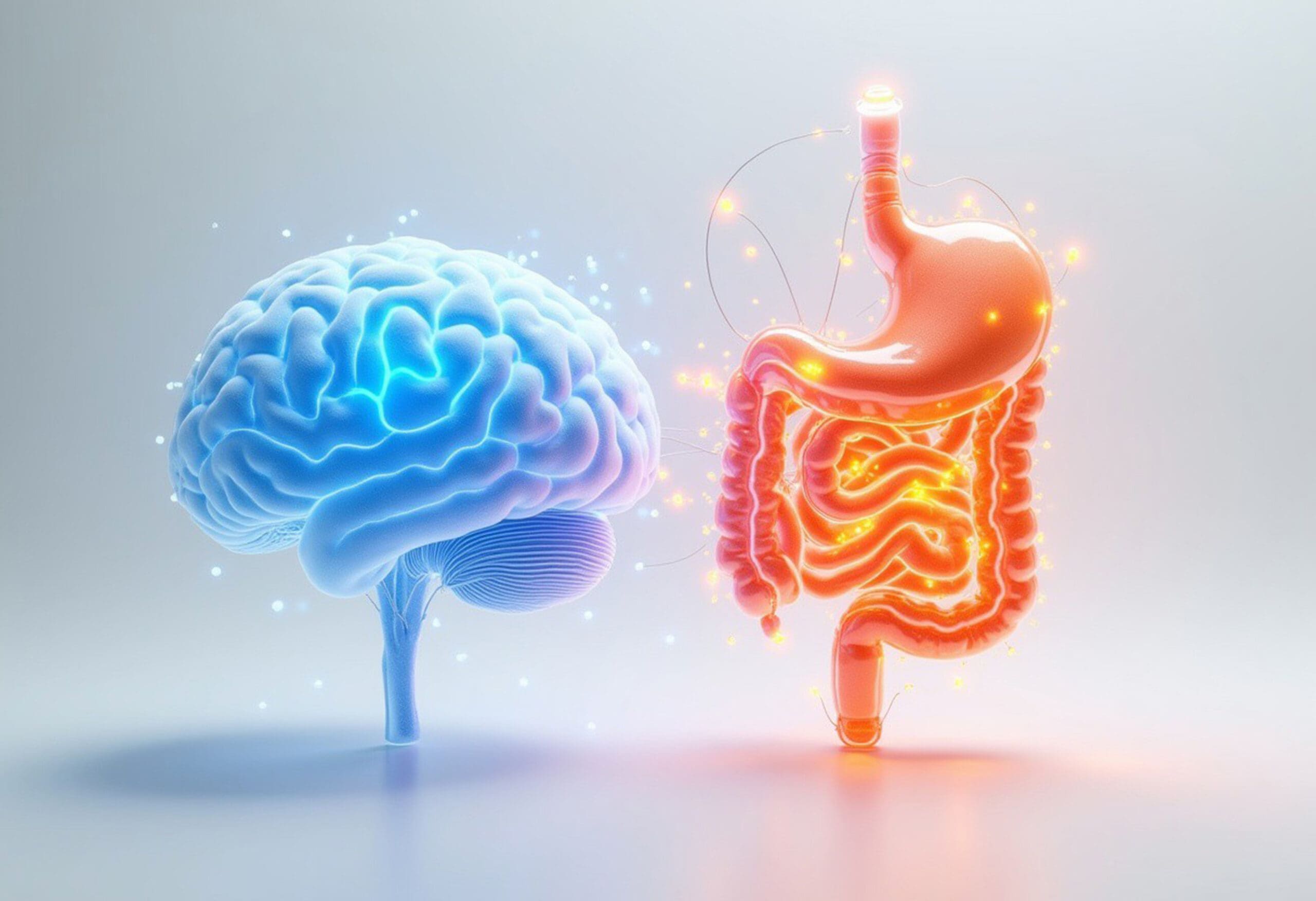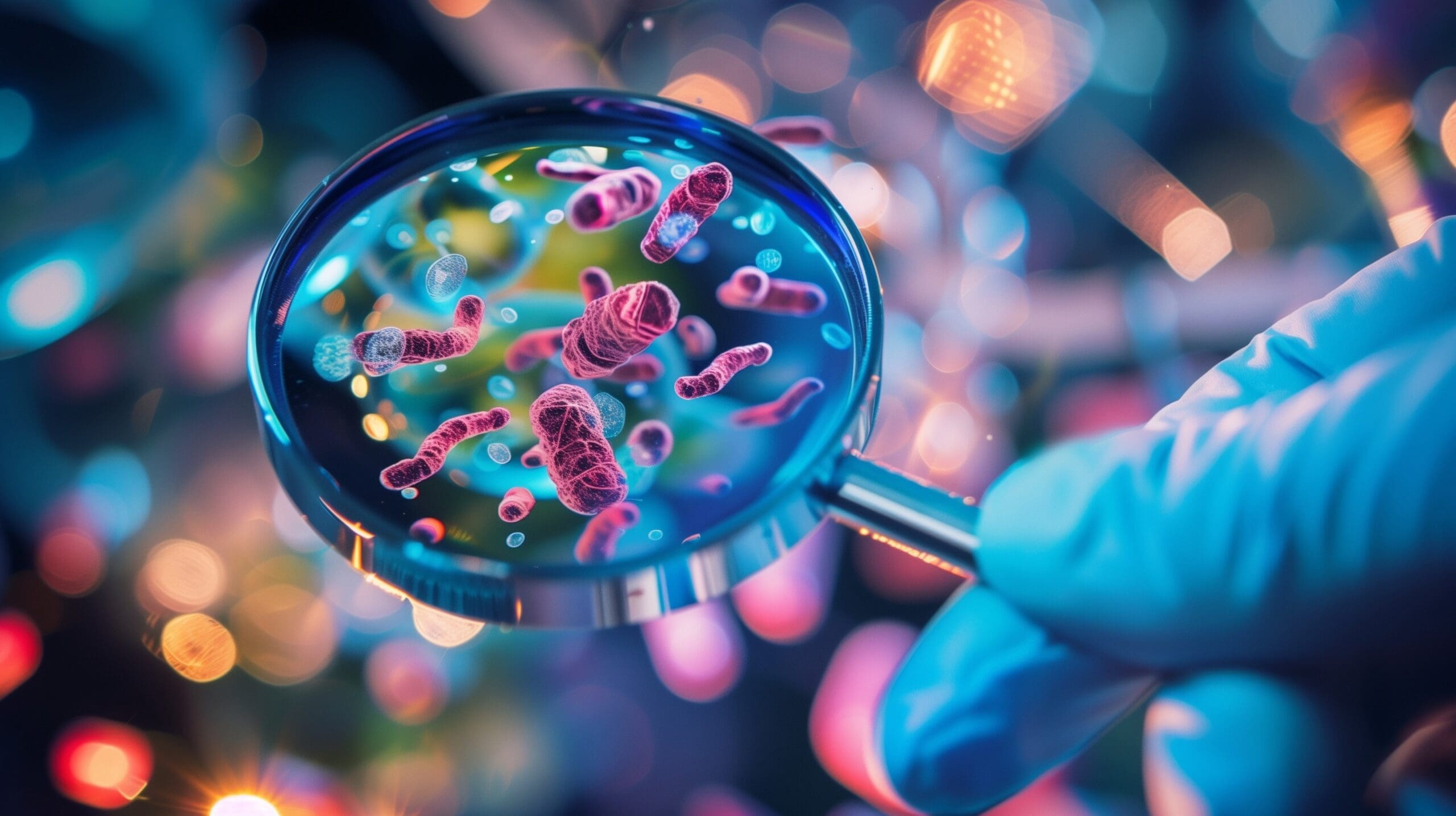Nutrients needed for liver detoxification
By Louise Belle – BHSc (Nut Med)
The liver is an amazing organ that works 24/7 filtering toxins from our bloodstream and breaking them down so they can be eliminated from the body. Heavy metals, pesticides and pollution are examples of things that the liver filters. There are two primary detox pathways of the liver. Phase 1 breaks down the toxins into metabolites (small particles) and phase 2 is responsible for converting them into water-soluble compounds so that they can be eliminated via urine, bowel motions and sweat. There are specific nutrients that the liver requires in order to complete these functions adequately and efficiently.
Some of the most important nutrients are:
- Folate/folic acid: Folate is extremely important for methylation pathways in the body. Methylation is one of the main methods of phase 2 liver detoxification (which turns toxins into water-soluble compounds) and requires folate to function efficiently.
- Vitamin C: Vitamin C has strong antioxidant and anti-inflammatory abilities and has been found to assist with liver repair and to protect against fatty liver, particularly in males. Adequate vitamin C is required for phase 1 liver detoxification and the acetylation pathway of phase 2 detoxification.
- Glutathione: This is the most powerful antioxidant in the body. It supports phase 1 and phase 2 liver detoxification and also reduces liver damage. Glutathione conjugation is one of the phase 2 pathways and requires B2, B6, zinc and selenium.
- B vitamins: The B group vitamins are very important for phase 1 of the liver detoxification pathways as they act as cofactors for the enzymes (such as CYP450) involved in this process.
- Taurine: This is a primary nutrient needed for the sulphation pathway of phase 2 detoxification. Taurine has been shown to protect against liver injury caused by xenobiotics and those with liver conditions have lower levels of taurine than the general population.
- Antioxidants: In many people, their phase 1 pathways work much quicker than their phase 2 pathways, leaving toxic metabolites in the system for longer. Additional antioxidants are required to reduce damage caused by these metabolites. Nutrients such as vitamin c, selenium and vitamin E have natural antioxidant abilities. St Mary’s thistle (silymarin) is an antioxidant that is well known for its ability to protect the liver and support liver regeneration.
Good quality liver tonics will contain these nutrients. Also, these foods are great for liver function. See Dr Cabot’s books Fatty Liver You Can Reverse It and The Liver Cleansing Diet for more information on healing your liver and supporting healthy liver function.









Leave A Comment